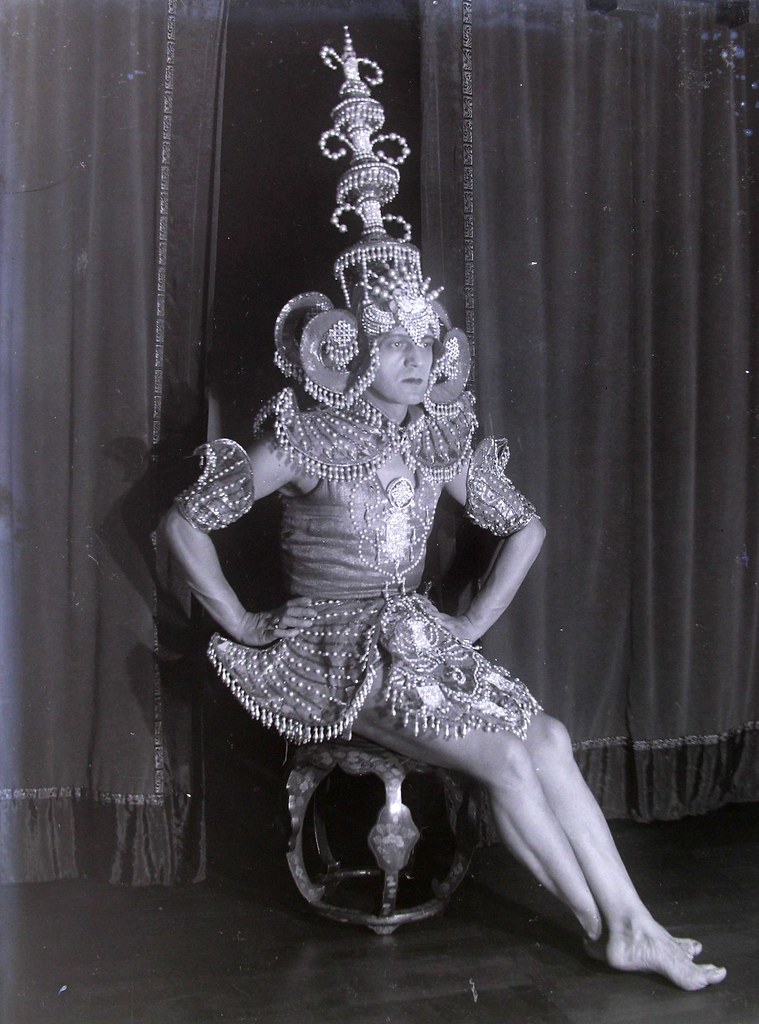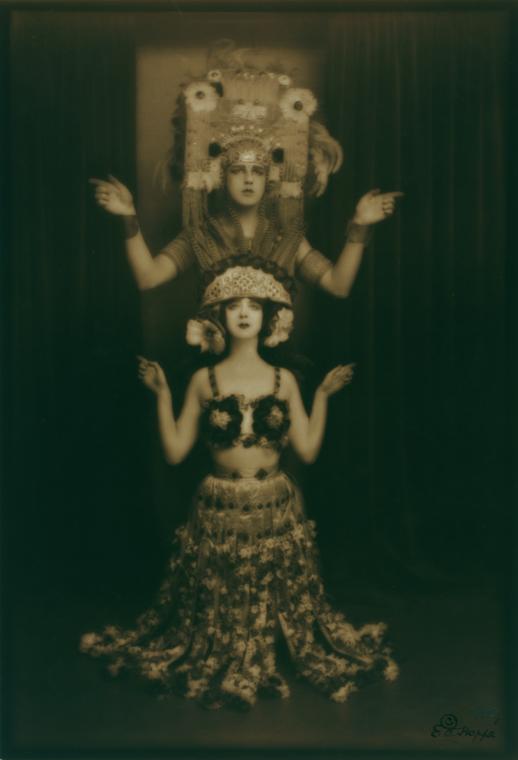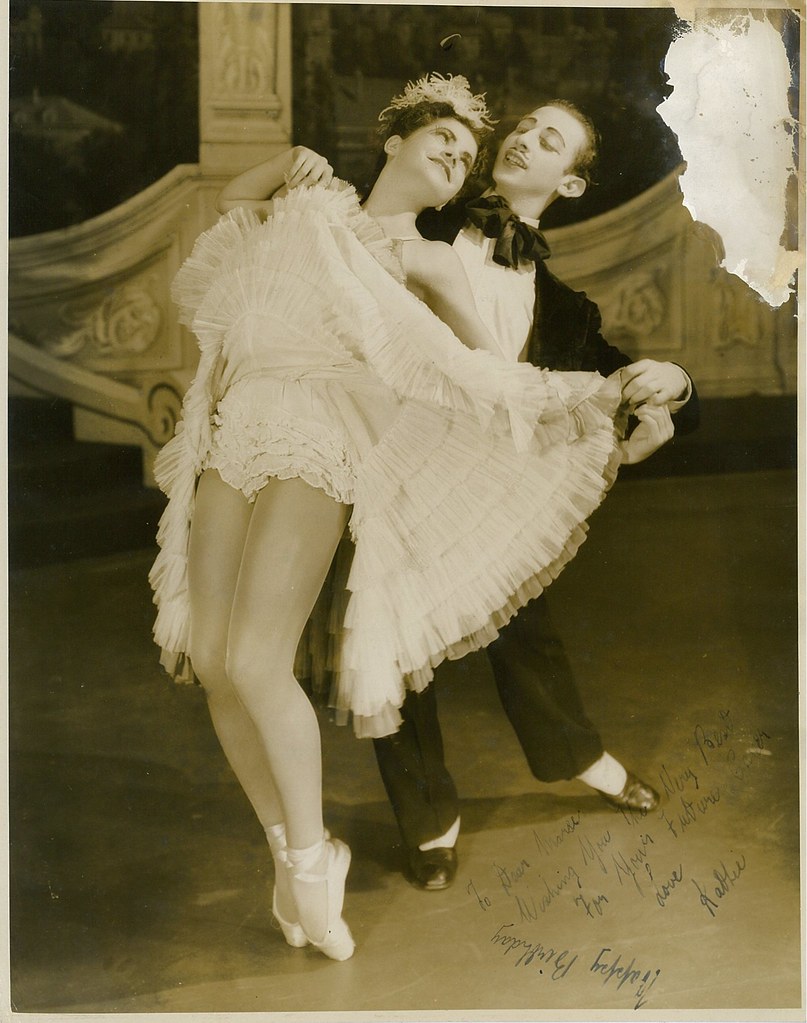 |
| Harry Furniss, State Library of New South Wales |
Whether it's the drama, the back-to-back shows, the in-fighting, or just your life outside of dancing, you feel like you can't even find it in you for a good shimmy.
And that's okay.
It doesn't always mean you're not a dancer anymore, or you're ready to quit. Sometimes you just need a break. Sometimes, you need to take care of life. Sometimes, you just need to find a new troupe. But if you find yourself approaching burnout, you need to take a step back and figure out what's bothering you before you just want to throw up your zills and quit.
The last thing you want to do is walk away from dancing and regret the decision later in your life. So how do you keep that from happening?
First, recognize the signs
If you're supposed to be going to class and instead you're trying to think of anything to make you late or keep you from going, you're definitely trying to avoid class. Or if you do get to class but don't give it your all, there may be a problem. Are you just tired that day? Something in your personal life affecting it? Is this another night this month that you just don't feel like dancing? Are there dancers you're trying to avoid? Sit down and figure out why you don't want to go to class. This is an excellent time to freewrite in your dance journal. Just get out your journal and pretend you're five again: "I don't wanna go to class. I don't wanna dance. I don't wanna stretch out. I don't wanna do our choreography again. I don't wanna listen to Miss Perfect getting praised again. I don't wanna listen to them complain about everything." Keep your pen moving, and you'll start writing down the real reasons you don't want to go.
Okay, I know why I'm avoiding class. Now what?
Once you've figured out where the problem is, you have to figure out what you're going to do with it. Is your class preparing for a performance that you don't want to do? Are you tired of having to relearn the same things over again? Are you learning something new that you're having too much trouble with while everyone else seems to get it? These require a talk with your teacher. Ask if you can sit out the performance (and don't ever be afraid to sit out a performance!), or take privates with her to improve other areas and give yourself a challenge. Or ask if you can move to another class--maybe you feel like you're ready for the next level, or there's another class that's not going to perform. It never hurts to just ask.
If your problem is with the drama of your fellow dancers or teacher, then it might be time to find a new class. You definitely don't want other dancers impacting your enjoyment of bellydance, but it can happen. Ask other dancers for recommendations, or check out your local bellydance hub. It's hard to start over again, but burning out because of other dancers' drama is even harder.
If it's your personal life that's making you avoid dance class, talk to your teacher about taking a break. Work, family, kids, spouse--sometimes life just gets in the way. Remember that the most important thing is for you to take care of you first. If it means taking a break from dancing, there is nothing wrong with that! If you're worried that you won't return to class after a break, discuss a potential restart date with your teacher, and mark it on your calender, then set a reminder a week before. When that reminder goes off, discuss with your teacher and/or family your return to dancing, and see if you need a longer break or if you're ready to get back into the swing of things.
Before the burnout
Again, the most important thing you can do is take care of you. If you really love dancing, you don't want to burnout early. Take a break, change your classes, but most of all, don't be afraid to speak up. The worst thing you can do is do nothing and then bellydance is no longer enjoyable to you no matter what you do. And there's also your fellow dancers to talk to--tell them what you're going through, and I'm sure they'll be able to tell you of the time they almost quit, and how glad they didn't, and what they did to get through it!

